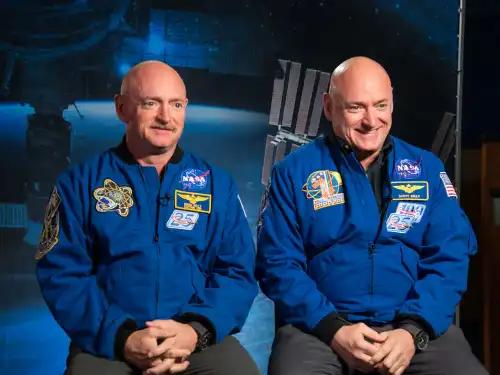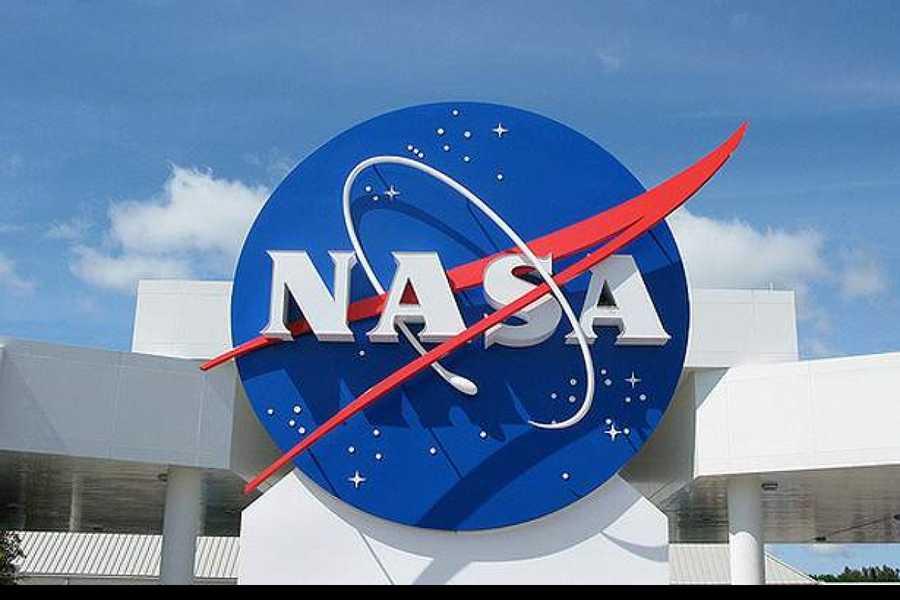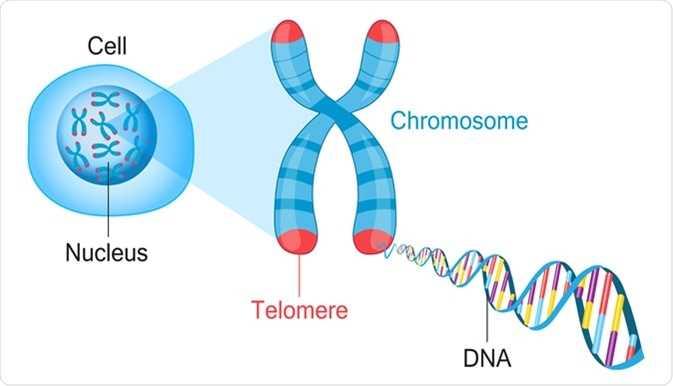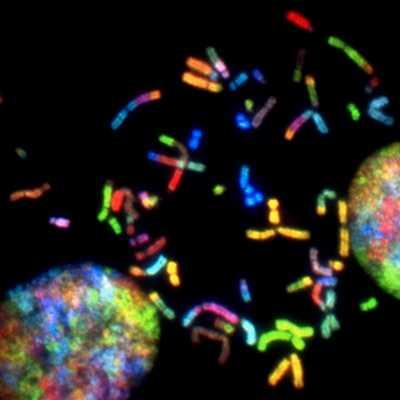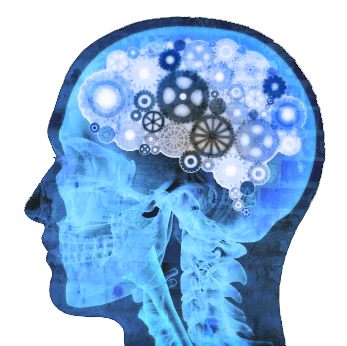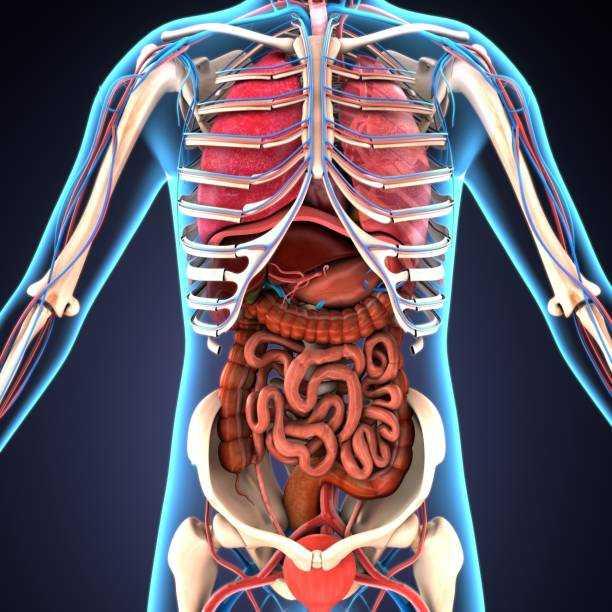NASA's Study of Astronaut Twins Creates a Portrait of What a Year in Space Does to the Human Body
Curated from: smithsonianmag.com
5
Explore the World's Best Ideas
Join today and uncover 100+ curated journeys from 50+ topics. Unlock access to our mobile app with extensive features.
NASA's Study on long term space missions
NASA conducted a study to assess the biological effects that long term space exploration can have on humans.
The study was done on a pair of twin astronauts, one on earth as a control and the other after a 1 year long space mission.
4
125 reads
Introduction
To study the influence of microgravity, radiation and confinement in long-duration spaceflight, NASA selected twins Scott and Mark Kelly for a unique mission. Scott went to space while Mark was chosen as the control to stay on earth for comparison.
The one year long space mission spanned across March 27, 2015 till March 1, 2016.
Although, biological changes were seen across varying aspects, most of them reverted back to preflight state after a few months.
5
68 reads
The Question of Aging.
Telomeres, are the “caps” that protect the ends of DNA strands.
On Earth, these telomeres get depleted over the course of a person’s lifetime as each round of DNA replication wears away at them.
However, in space, the findings were contradictory to what the scientists were expecting. They assumed that due to the immense stress on the body, these telomeres would shorten. But, on the contrary, they had increased in length considerably.
But, a critically large amount of telomeres were lost during the body's return back to normal on earth, which is a cause for concern.
4
70 reads
Gene expression in space
Under stressful situations, normally, there is a change in genetic expression.
Accordingly there were changes, but, the unexpected finding was that, these changes in gene expressions, seemed to have accelerated(6 times more) during the latter 6 months of the mission.
This is concerning, because for extended space missions, this could imply that genetic expression could alter exponentially leading to severe consequences.
Upon returning, about 90% of these altered genetic expressions returned back to preflight states.
4
59 reads
Mental state
A decline in cognitive efficiency was reported.
NASA had prepared a set of questions to assess various mental state and cognition.
Upon return, even though Scott’s in-flight measures were stable, his “cognitive efficiency,” or his speed and accuracy in completing the test battery, dropped once he got back to Earth.
The decrease lingered over the six months after his return, till it reverted back.
This is a complication due to the obvious complexity of a space mission, which would require a pretty good cognitive state.
5
51 reads
The space explorer's body
His gut microbiome showed altered bacterial proportions, although the overall bacterial diversity was intact.
Several proteins also changed during the spaceflight.
- Elevated levels of collagen, a structural protein was seen in his urine. Looking at this measure along with physiological changes—like those observed in Scott’s eyeballs and vascular system—could be a sign that the body was restructuring.
- Researchers also observed heightened levels of aquaporin 2, a protein that tends to be a marker of dehydration.
4
50 reads
Conclusion
This study was in no way conclusive or predictive, because of the very small sample size(just one pair of twins), a short study period, just to name a couple of reasons.
However, it has given an idea of potential changes to be expected and a foundation for upcoming research in the field of prolonged deep space exploration.
4
53 reads
IDEAS CURATED BY
A medical student who is interested in the comings and goings of the universe.
CURATOR'S NOTE
Deep space exploration is something which scientists have been aiming for, for a long time. However, among many other technical limitations and complications, biological limitations are also a factor.
“
Joel M Saju's ideas are part of this journey:
Learn more about scienceandnature with this collection
How to build trust in a virtual environment
How to manage remote teams effectively
How to assess candidates remotely
Related collections
Similar ideas
5 ideas
11 ideas
2 ideas
Stuck in a cramped space? This astronaut has some advice.
nationalgeographic.com
Read & Learn
20x Faster
without
deepstash
with
deepstash
with
deepstash
Personalized microlearning
—
100+ Learning Journeys
—
Access to 200,000+ ideas
—
Access to the mobile app
—
Unlimited idea saving
—
—
Unlimited history
—
—
Unlimited listening to ideas
—
—
Downloading & offline access
—
—
Supercharge your mind with one idea per day
Enter your email and spend 1 minute every day to learn something new.
I agree to receive email updates
